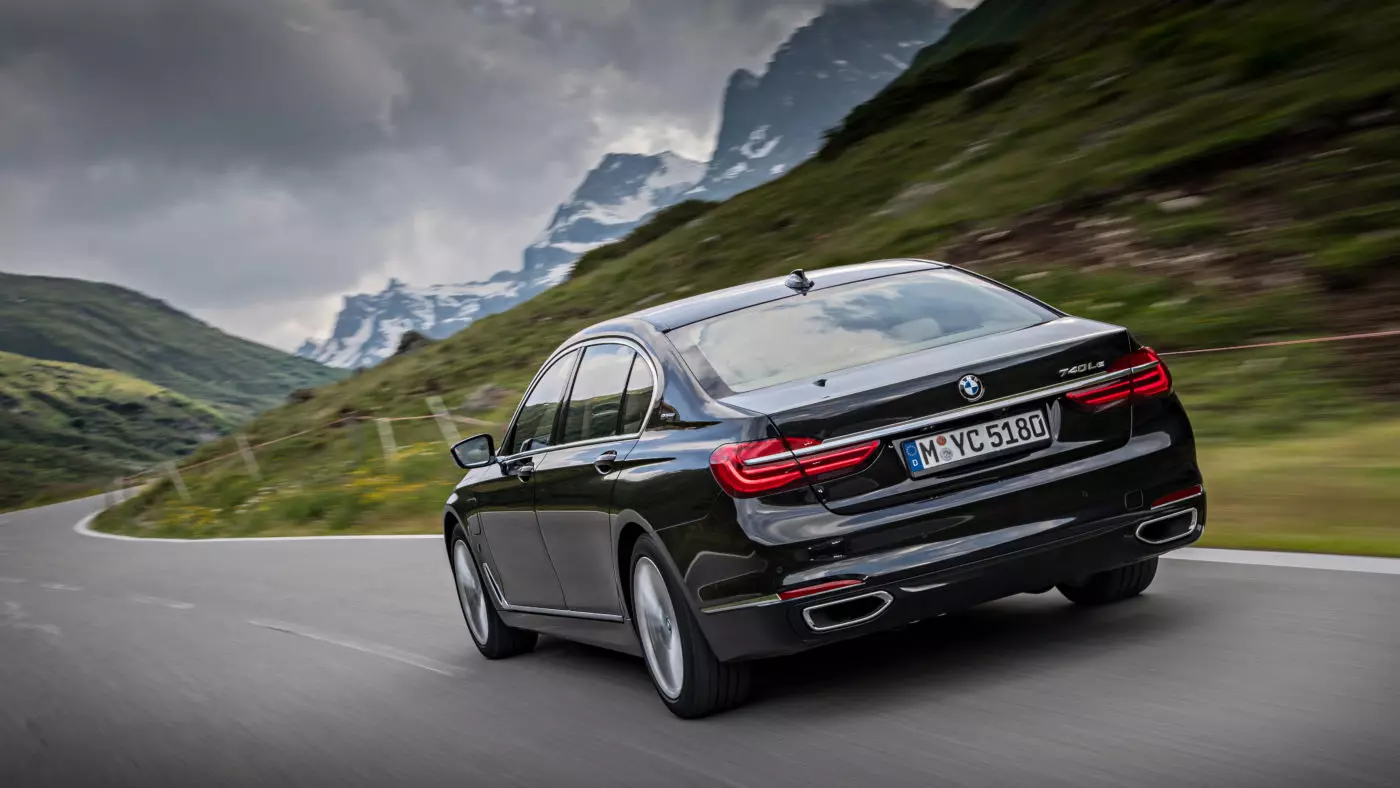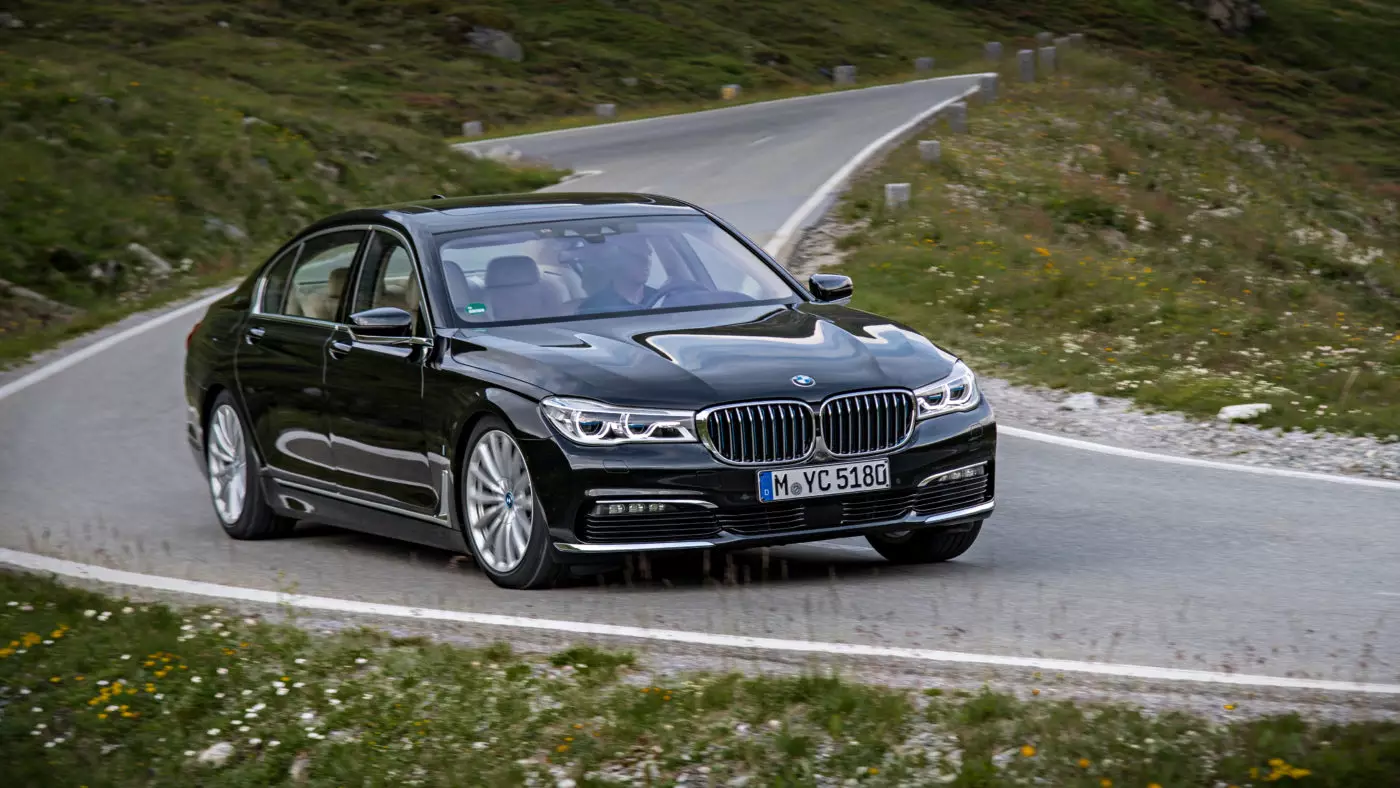After having already "decreed" the end of the M3 and, apparently, the end of the M2 engine, BMW will have to stop the production of its BMW 7 Series flagship for at least one year, due to the impositions arising from the new emission control system, Worldwide Harmonized Light Vehicle Test Procedure (WLTP).
According to the BMW Blog, the production stop will affect only the gasoline variants, which, due to more restrictive measures imposed by the WLTP, will have to see their exhaust system reformulated and rebuilt, which will receive a particulate filter. In the case of diesel engines, this need is not imposed — these engines are already equipped with all the necessary emission control systems.
The return of gasoline engines is expected to take place in 2019, coinciding with the planned restyling for the German luxury saloon.

M3 and M2 were the first targeted
Due to the new WLTP standards, BMW was already, in a way, forced to “end up” with two models, both from the 'M' family: the M3 and the M2.In the case of the BMW M3, the end has been brought forward to next August — unlike the M4, which will receive a particulate filter, BMW has decided not to re-certify the M3, as a new 3 Series is coming soon and not it would make financial sense to bet on such a costly operation at the end of the model's lifecycle.
In the case of the BMW M2, from the moment the (still) more radical M2 Competition, which uses the M4's S55 engine, appears on the market, the regular M2 equipped with the N55 should leave the scene for the same reason.
WLTP means higher official emissions
Official consumption and emissions were already expected to increase with the entry into force of the most rigorous cycle of certification tests for consumption and emissions. And the predictions are confirmed, with BMW revising upwards the CO2 values for its entire range.
As an example, and according to numbers advanced by Autocar, the BMW 520d with automatic transmission sees its emissions rise from 108 (minimum possible) to 119 g/km, while the BMW 116d sees emissions rise from 94 to 111 g/km.
The 10-15% increases seen should be reflected in the remaining range.

